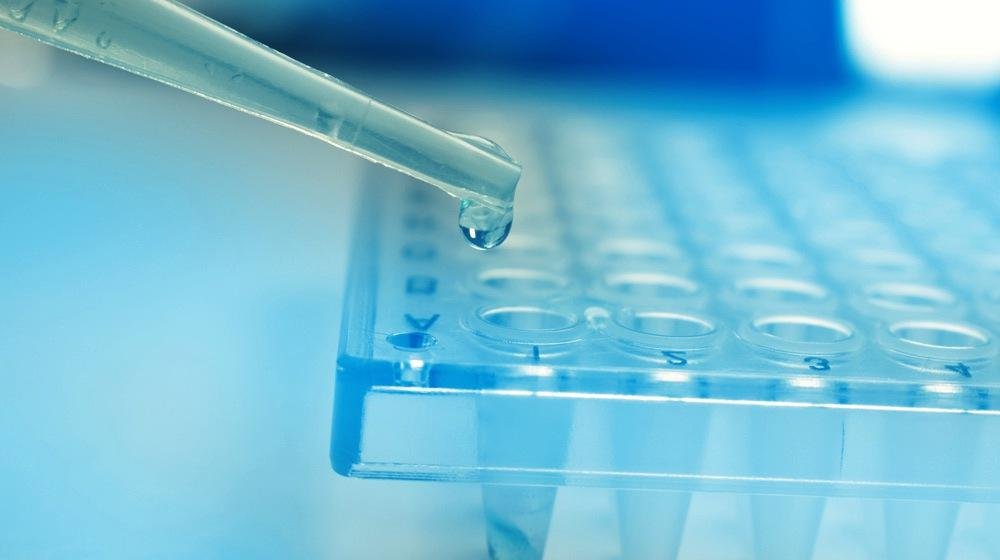Genomic Health unveils data for the Oncotype DX Breast Cancer test
17 March 2017 | News | By BioSpectrum Bureau
Genomic Health unveils data for the Oncotype DX Breast Cancer test

Genomic Health announced the presentation of 15 abstracts for the Oncotype DX breast cancer test at the 15th St Gallen International Breast Cancer Conference in Vienna, Austria.
This test uses genomic analysis techniques to uncover the unique footprint of each patient's tumour and generates a Recurrence Score result which predicts the likelihood that the patient's cancer will return and whether chemotherapy is likely to provide benefit.
The presentations underline the substantial real world evidence which is now available for Oncotype DX and reflect the growing adoption of the test across Europe to personalise and improve the quality of clinical decisions leading to better patient outcomes and more cost-effective treatment.
Data highlights include:
- A pooled analysis of eight international studies including over 2,500 patients which assessed the impact of the Oncotype DX test on treatment decisions in routine clinical practice. The results showed that the average net reduction in chemotherapy use following testing was 42%.
- A detailed budget impact assessment comparing the genomic tests available in Germany. The analysis identified Oncotype DX as the test associated with the highest reduction in chemotherapy use because it appropriately classifies more patients at low risk than other tests, resulting in a potential net budget saving for sick funds of EUR 4,001 per patient tested.
- A study from France which looked at the test utilisation in real-life clinical practice in 827 patients, including those with high-risk disease by traditional parameters. The results demonstrated that the use of Oncotype DX in France reduced the use of chemotherapy by 35%.
"The traditional criteria used for making chemotherapy clinical decisions may result in substantial overtreatment and toxicity with unnecessary costs for healthcare systems. The decision to initiate a course of chemotherapy should be as informed as possible. From a health service perspective, it is costly and resource-intensive but the toll for the patient can be even greater," said Prof. Joseph Gligorov, Breast Cancer Expert Center, APHP-Tenon Hospital, Paris. "The new evidence presented for the Oncotype DX test highlights the impact it is having across Europe to drive a step-change in the quality of treatment decisions. These results, based on real-world clinical practice, indicate that molecular testing provides clinically meaningful information in addition to classical pathological parameters for a significant proportion of patients and support its broader use and public reimbursement."
Every year in Europe, over 490,000 new cases of breast cancer are diagnosed. It is the most common cancer in women and affects many of them during their years dedicated to working and raising a family. An average of 20% of breast cancer cases in Europe occur in women when they are younger than 50 years old; and 37% occur at age 50-64. While chemotherapy is routinely offered, research shows that less than 10% of patients with early-stage breast cancer actually benefit from it.












